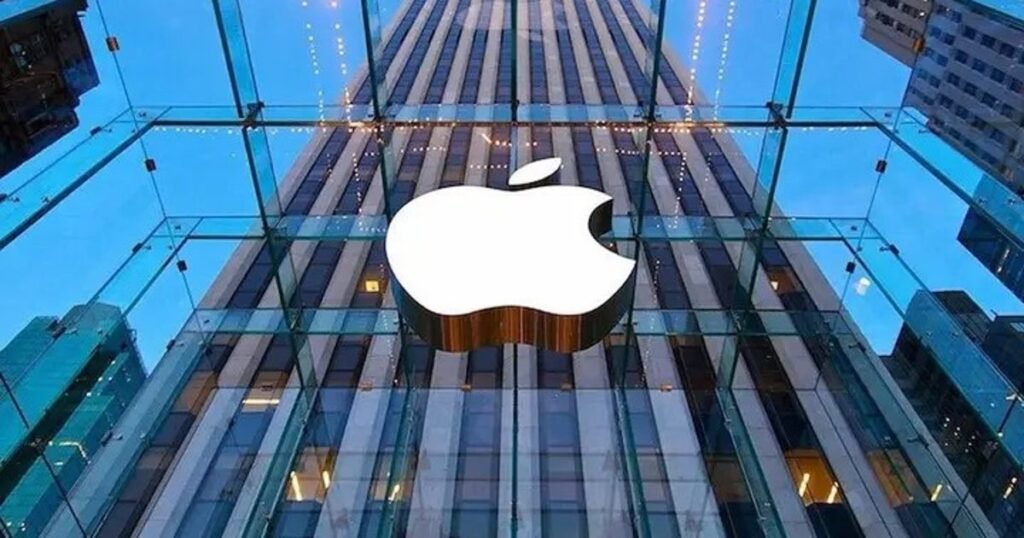
The European Union has fined Apple $568.6 million (€500m) for violating its Digital Markets Act.
As detailed by our sister site, Eurogamer, Apple was found to have violated EU law by not permitting App Store apps to link or even make reference to alternative means of payment that could circumvent Apple’s own storefront, therefore compelling developers to share 30 per cent of their revenue with the megacorp.
“Under the DMA, app developers distributing their apps via Apple’s App Store should be able to inform customers, free of charge, of alternative offers outside the App Store, steer them to those offers and allow them to make purchases,” the Commission said in a statement earlier today.
“The Commission found that Apple fails to comply with this obligation. Due to a number of restrictions imposed by Apple, app developers cannot fully benefit from the advantages of alternative distribution channels outside the App Store. Similarly, consumers cannot fully benefit from alternative and cheaper offers as Apple prevents app developers from directly informing consumers of such offers. The company has failed to demonstrate that these restrictions are objectively necessary and proportionate.”
The ruling orders Apple to remove “the technical and commercial restrictions on steering and to refrain from perpetuating the non-compliant conduct in the future,” adding: “The fine imposed on Apple takes into account the gravity and duration of the non-compliance.”
The Commission did note, however, that it has now closed its investigation into Apple’s “user choice obligations, thanks to early and proactive engagement” by Apple.
Facebook owner Meta was similarly ordered to pay $227.5 million (€200m) for advertising policies.
The UK’s CMA shut down its investigation into Apple’s in-app payment system in August, which was looking into whether the company was in breach of regulations.
Around the same time, Apple updated its business terms in the EU to allow developers to link to external payment systems, but it was not enough to satisfy the European Commission, which claimed in today’s judgement that Apple nonetheless breached its anti-steering obligations under the DMA.






